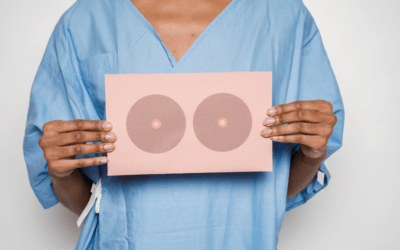When Brayden Otten was born, his tiny heart, about the size of a walnut, couldn’t effectively pump his blood. A team of surgeons at Cincinnati Children’s Hospital Medical Center managed to save his life with some workarounds to help his blood circulate, but even then, they knew those solutions were not perfect or permanent. Brayden enjoyed a relatively normal childhood, according to the Cincinnati Enquirer, but his doctors knew that without further interventions, heart failure was inevitable. And so at 12, Brayden found himself back in the operating, room, but this time, his surgeons had a new and exciting tool in their arsenal: virtual reality (VR).
Brayden’s medical team worked with a 3D medical imaging specialist to create a model of Brayden’s heart that allowed surgeons to “walk” into his heart instead of relying on images and a 3D-printed model. According to Brayden’s surgeon, instead of reprinting the model every time he wanted to change his plan, he simply had to hit reset and he could dive in again. With VR, his surgeons were able to plan a procedure that would have otherwise required several surgeries and increased the risk of complications and other surprises. Brayden himself was able to explore the virtual operating room, the tools that would be used, and take a walk inside his own heart.
The procedure itself, which took 12 hours, went perfectly, and Brayden’s recovery is going well.
While the use of 3D VR in cardiothoracic surgery is still somewhat new and surgeons are still experimenting with the best applications, preliminary data is promising. One study, published in the European Heart Journal in 2020, suggests that the immersive technology is more useful in preoperative planning than flat two-dimensional images. Cardiothoracic surgery, the study authors note, has become incredibly complex over the decades and a surgeon must think in three dimensions to effectively plan and perform complicated procedures.
According to the Vanderbilt University Medical Center, very few pediatric cardiac surgery centers currently use virtual reality, but mounting evidence of its benefits will likely translate into broader availability at more hospitals.
A literature review published in the Annals of Thoracic Medicine concluded that even though virtual reality is off to a promising start in the field of cardiothoracic surgery, more research and refinement are still needed to fully understand all the applications.







